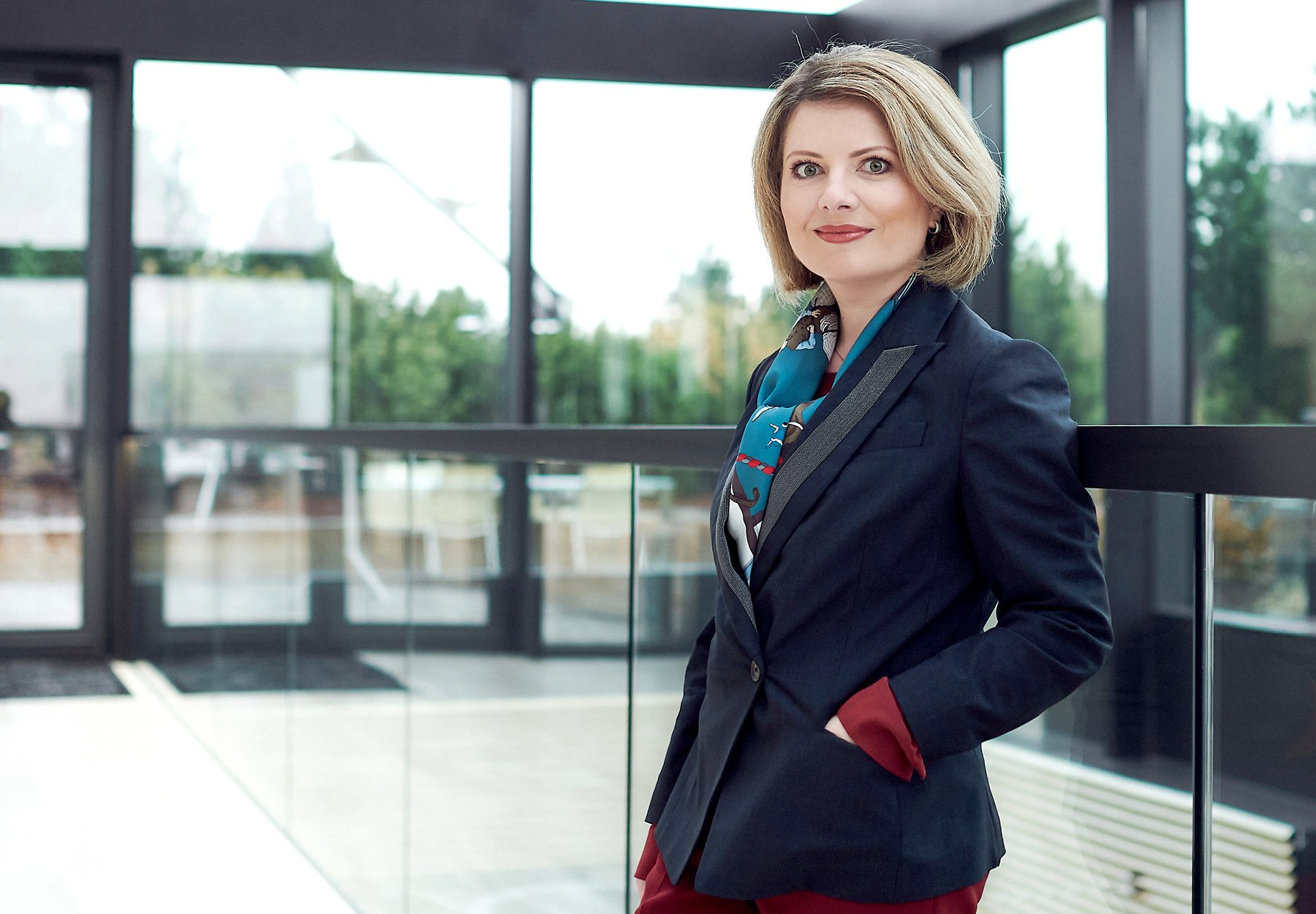Violeta Luca: The Queen of Purpose

It’s a large part of the reason that she took on the role in the first place. In January 2021, Violeta moved across from her previous position as General Manager Microsoft Romania, taking over the new post from Rudolf Urbánek.
“I made the decision to come into this new role because I’m a strong believer in the idea that we are not citizens of one country, but rather of the world,” she tells SBR. “We can utilize the skills and learning we get in one part of the world, maybe in a different geography and, of course, we can learn as well from the people there. You get an enrichment of your development, but you also get to contribute. You can have a higher impact beyond your home country’s geography.”
But for Violeta, her reason for showing up every day goes far deeper than this. “The underlying motivator for me, it’s really the ability to make a positive impact in the environment I’m working in. This is very important for me,” she says. “I’m really privileged to be working for Microsoft because the level of our purpose and our value proposition is very broad.
“Our company is part of a broader mission to address major societal challenges we have and to build more inclusive communities because the purpose is not to leave anyone behind with this transformation.”
In 2020, as the world adjusted to the new realities of COVID-19, Microsoft CEO Satya Nadella famously said the company had seen two years’ worth of digital transformation in two months. And Violeta firmly believes that the changes implemented during the pandemic period are here to stay.
“We actually see Microsoft playing a key role in enabling people, businesses and countries at large to recover and reimagine their journey towards growth, where entrepreneurs can realize their ambitions, where the Czech Republic and Slovakia become bigger exporters of innovation, where growth is inclusive, and where we can really go towards the next level as economies.”
At Microsoft, we are grateful to be able to support people, businesses and countries at large to recover and reimagine their journeys towards growth.
Microsoft’s global mission to empower every person and organization on the planet to achieve more is entirely relevant in the Czech Republic and Slovakia, according to Violeta. “Although most Slovak employees work in the service sector, industry is the engine driving the Slovak economy,” she explains.
“And when compared to the rest of EU countries, Slovakia is one of the most industrial countries – almost one-third of Slovaks are working in industry.” Only the neighboring Czech Republic has more employees in industry at roughly 37 per cent, she adds, referring to recent research.
“In the Czech Republic, 30 per cent of the economy and employment is driven by industry, so we believe we can contribute, on the one hand, by providing our cloud services as the platform for innovation, digital transformation, further automation and innovation in industry,” Violeta says.
And on the other hand, she is confident that Microsoft is the perfect partner to help its customers to really upskill and reskill their workforces. “We believe reskilling will play a very important role in both the Czech Republic and Slovakia,” Violeta shares. “We can help small businesses to digitize, help them become more productive and more scalable. The beauty of cloud technologies today is that they democratized access to complex tools which, in the past, were more accessible for big enterprises, not necessarily for smaller businesses.”

Microsoft also works within local communities to help ensure everyone can benefit from the digital transformation taking place. For example, in the Czech Republic, it has teamed up with an organization called Czechitas to offer regular courses and specialized curricula to help women upskill and have more of an impact in technology and society at large.
”We also have a strong student training centre in these countries, which help students to grow their skills and complete their studies,” Violeta shares. “We try to support communities beyond just digital skills.”


0 comments:
Post a Comment